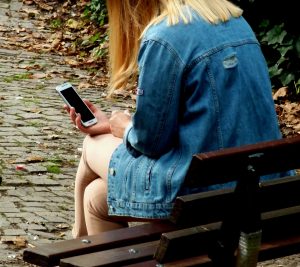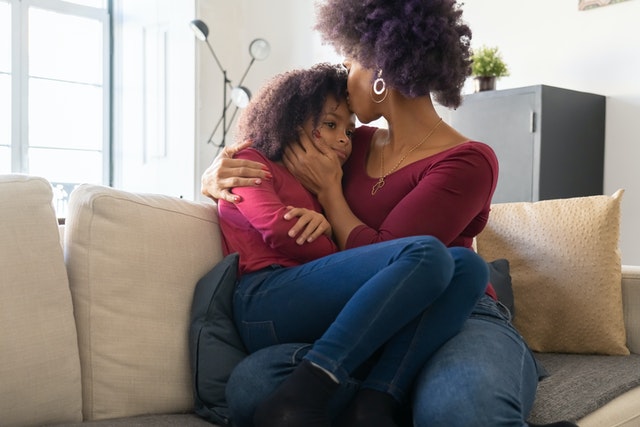Are Mental Health Apps Risking Students’ Privacy?
 The rise in student wellness applications arrives as mental health problems among college students have dramatically increased. Three out of 5 U.S. college students experience overwhelming anxiety, and 2 in 5 students reported debilitating depression, according to a 2018 survey from the American College Health Association.
The rise in student wellness applications arrives as mental health problems among college students have dramatically increased. Three out of 5 U.S. college students experience overwhelming anxiety, and 2 in 5 students reported debilitating depression, according to a 2018 survey from the American College Health Association.
Even so, only about 15 percent of undergraduates seek help at a university counseling center. These apps have begun to fill students’ needs by providing ongoing access to traditional mental health services without barriers such as counselor availability or stigma.
Universities license the TAO Connect software and customize the experience by selecting from a curated store of options: It offers hundreds of videos, several hundred interactive exercises, a mindfulness library, self-assessments and logs to practice new skills.
Now on more than 150 college campuses, incoming freshmen are encouraged to download the app. At many schools, first-year students are also required to sign up for various online services. Some university clients also incorporate modules — like a seven-part resilience course — into their core curriculum, and others have opted to use the platform’s units on anger management, communication skills and substance abuse in student discipline and conflict resolution.
To many, the growing prevalence of mental health apps for young students, a generation for whom digital technology is the norm, makes sense.
“If someone wants help, they don’t care how they get that help,” said Lynn E. Linde, chief knowledge and learning officer for the American Counseling Association. “They aren’t looking at whether this person is adequately credentialed and are they protecting my rights. They just want help immediately.”
Yet she worried that students may be giving up more information than they realize and about the level of coercion a school can exert by requiring students to accept terms of service they otherwise wouldn’t agree to.
Mental health apps thrive on data; the more an app learns about a user, the more it can customize the experience.
“By agreeing to use those platforms, you were essentially relinquishing privacy rights,” said Lori Andrews, director of the Chicago-Kent College of Law at Illinois Institute of Technology and an internationally recognized expert on emerging technologies.
In addition to privacy policies, many apps have permissions that are granted to a developer when downloaded to a cellphone. These can authorize access to sensitive information, such as location tracking, audio and phone contacts, which can be shared with aggregators or sold to third parties.
Excerpted from “Colleges want freshmen to use mental health apps. But are they risking students’ privacy?” in The Washington Post. Read the full article.
Source: The Washington Post | Colleges want freshmen to use mental health apps. But are they risking students’ privacy?, https://www.washingtonpost.com/technology/2019/12/27/colleges-want-freshmen-use-mental-health-apps-are-they-risking-students-privacy |© 2020 The Washington Post
A screening can help you determine if you or someone you care about should contact a mental health professional. Care Coordinators can arrange a free 30 minute Care Consultation so you can explore options with an expert. Call or email our Care Coordinators at 650.688.3625 or careteam@testing.chconline.org to set up an initial Consultation appointment.





